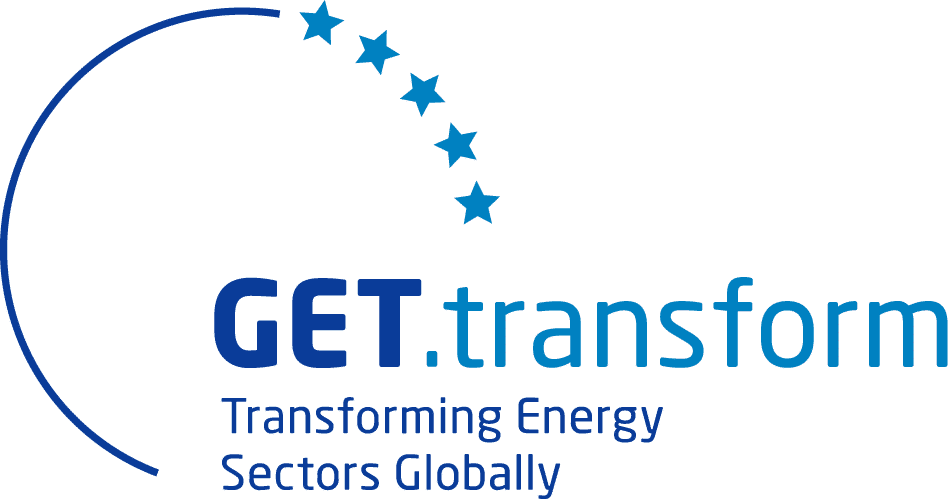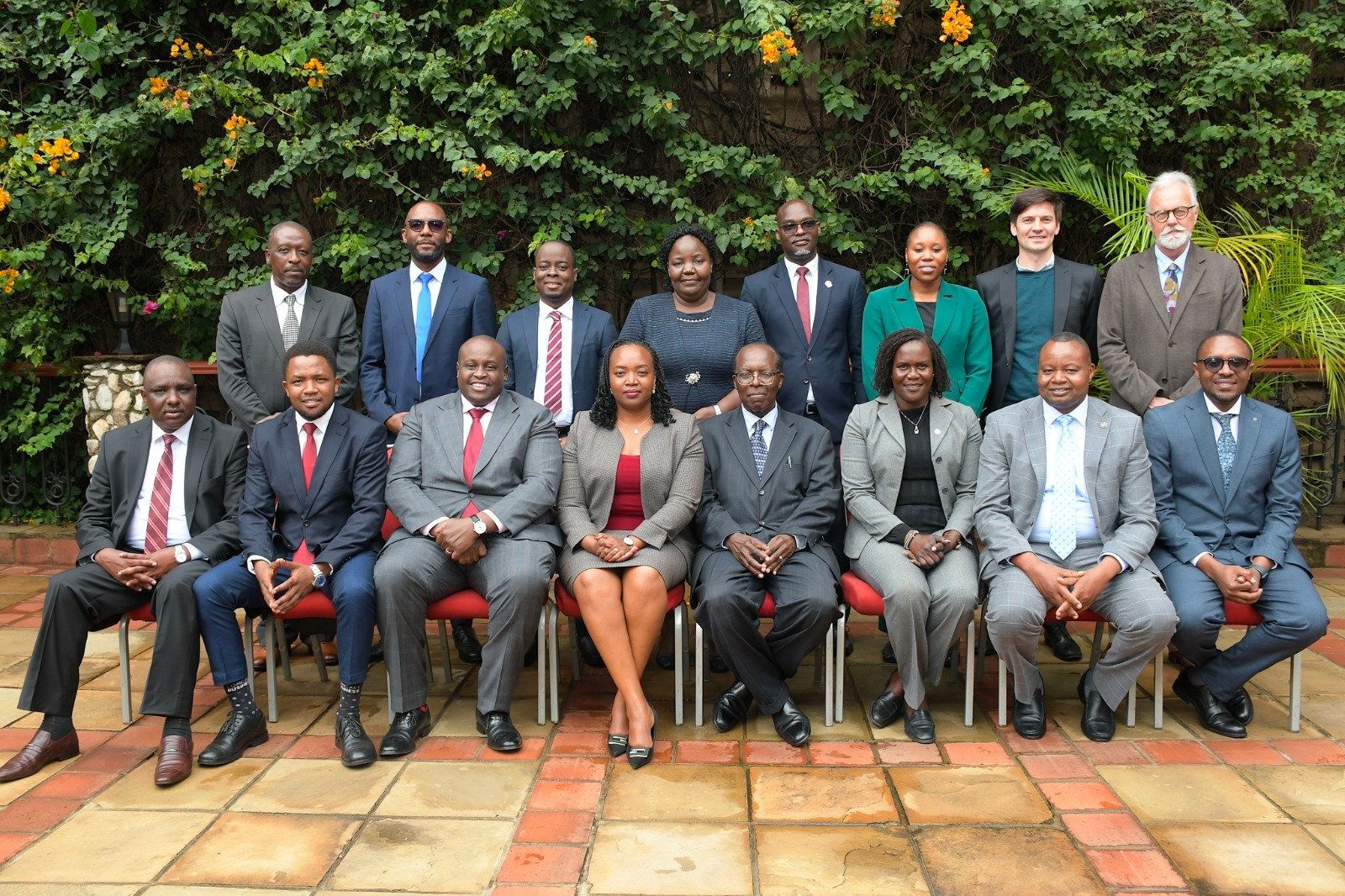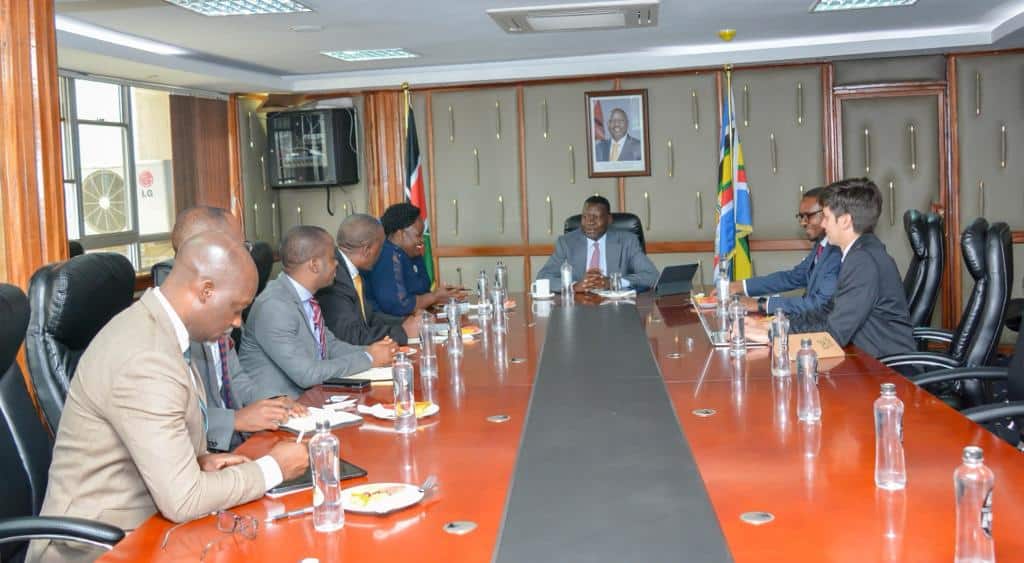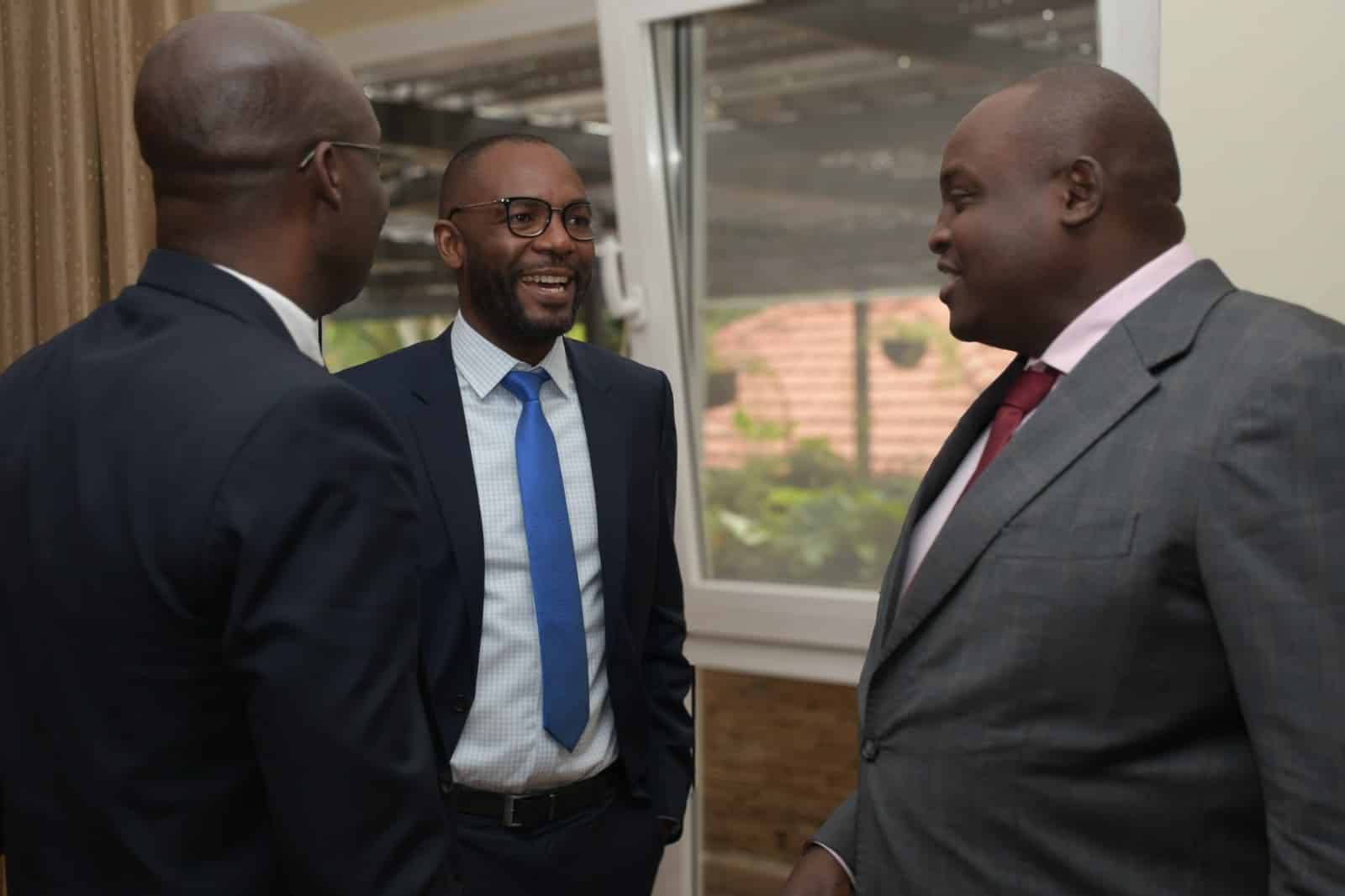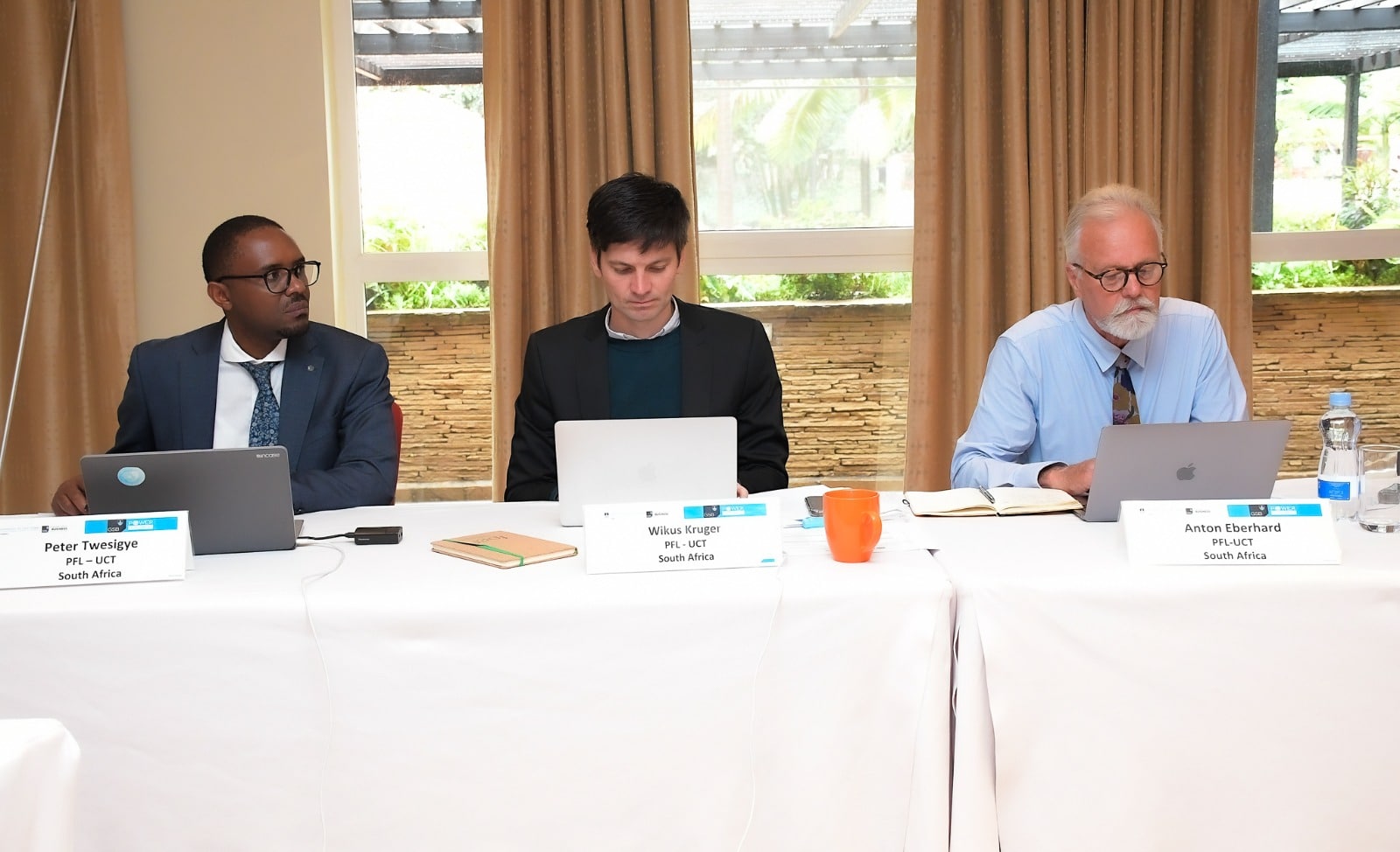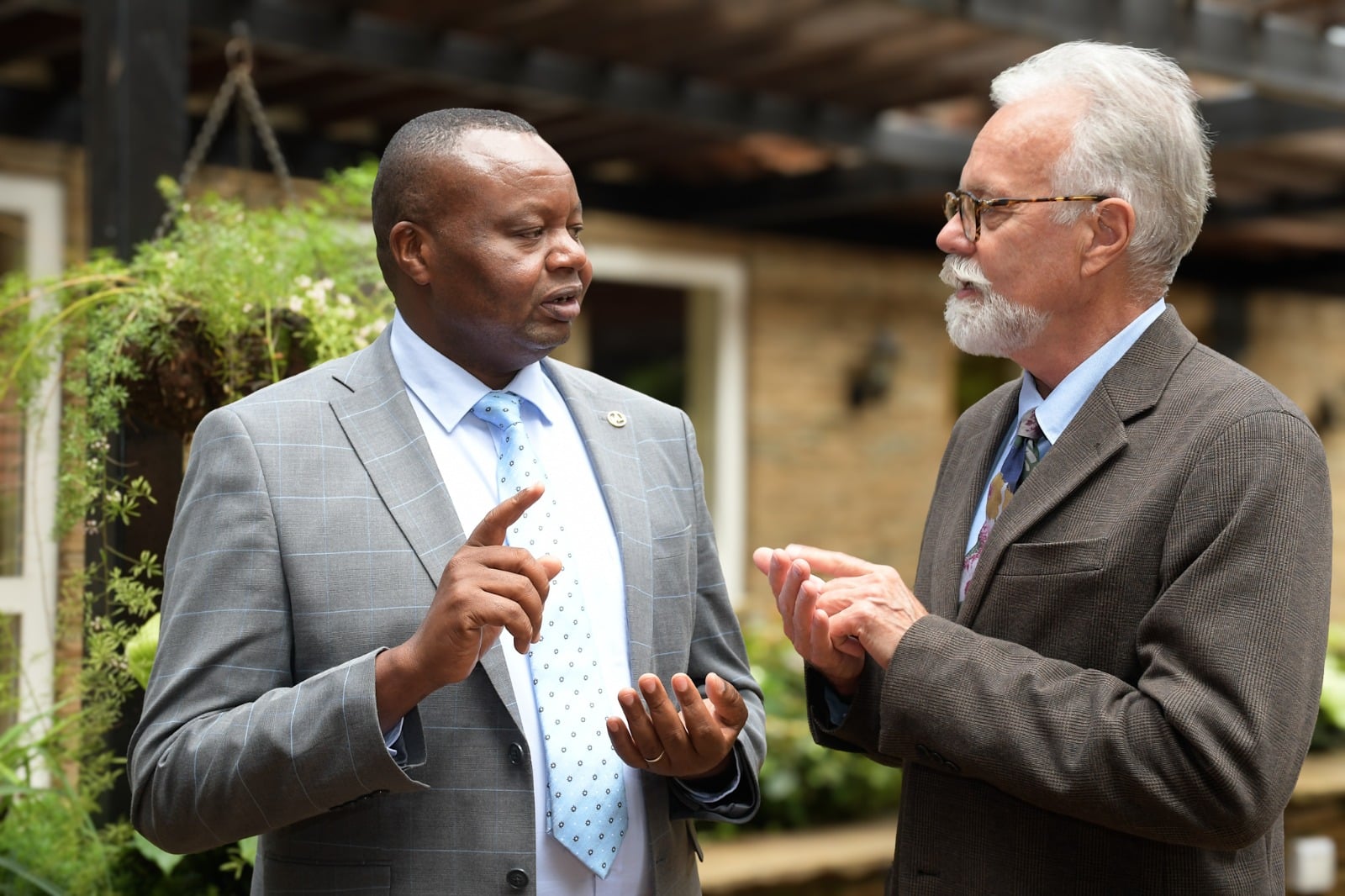A delegation of energy regulators from five African countries came together in Kenya last week. The regulator CEOs conducted a comprehensive peer review of Kenya’s energy sector as part of a capacity-building initiative known as the Peer Review and Learning Network (PRLN). This programme is facilitated by the Power Futures Lab at the University of Cape Town in partnership with GET.transform and under the auspices of the African Union.
The primary objective of the PRLN is threefold: to fortify managerial and leadership capabilities, foster a dialogue on energy transition, and establish an active peer review and learning network. This network, spanning selected African countries, serves as a benchmark for regulatory performance, striving for continuous enhancement in the credibility, transparency, and robustness of regulatory decision-making.
Leadership figures of energy regulators from Ghana, South Africa, Uganda, Namibia, and Tanzania engaged in discussions with key stakeholders from Kenya’s energy sector. These discussions involved high-profile participants such as Cabinet Secretary for Energy and Petroleum, Davis Chirchir, as well as representatives from major utilities including Kenya Power, KETRACO, KenGen, GDC, NUPEA, several Independent Power Producers (IPPs), consumer associations, civil society groups, and the media.
“We met with the Minister and discussed key sector issues touching on regulatory and policy environment, electricity and energy planning,” says Eng. Ziria Tibalwa from Uganda’s Electricity Regulatory Authority (ERA).
“The PRLN programme provides an opportunity for all utilities and IPPs to share insights about key sector developments, successes and challenges that need redress but to also learn from the positive experiences of other countries” says Pinehas Mutota, from Namibia’s Electricity Control Board.
Speaking on findings and recommendations made on Kenya’s energy sector PRLN spokesperson Dr. Peter Twesigye from the University of Capetown noted “Kenya was one of the first countries in Africa to unbundle generation from the vertically integrated transmission and distribution segments helping to attract a raft of IPPs to increase its energy security. It has a positive electrification story, a high share of renewables and is moving to a consolidated transmission system operator. However, there have been recent developments that are depressing the investment climate. The PRLN offers a platform through which CEO regulators can share experiences and recommendations through a systematic framework of governance, substance and impact assessment on how to resolve some of these challenges to improve sector performance via a robust, credible and transparent regulatory environment.”
The EPRA Director General Daniel Kiptoo added “for a successful energy transition and long-term sustainability, efforts such as the peer review help unlock transparency, thus enhancing regulatory governance and performance as well as best practices for all the participating countries.”
Upon completion, the PRLN team shared recommendations with the hosting authorities in Kenya. Going forward, the initiative is set to grow and may comprise of Egypt, Nigeria, Cameroon, Zambia, Eswatini, Mozambique, Malawi and Zimbabwe, as these African nations expressed interest in participating in the next PRLN phase which is scheduled to begin in the second half of 2024.
